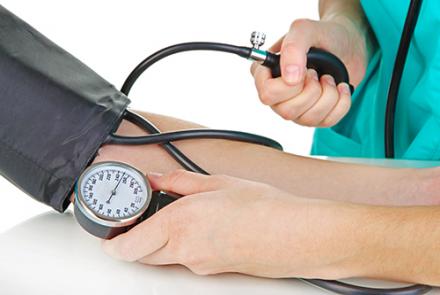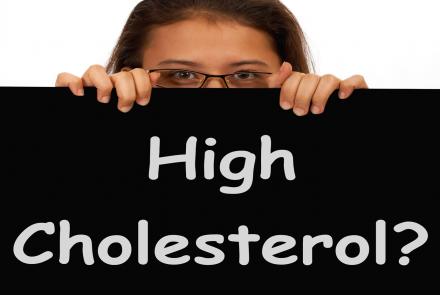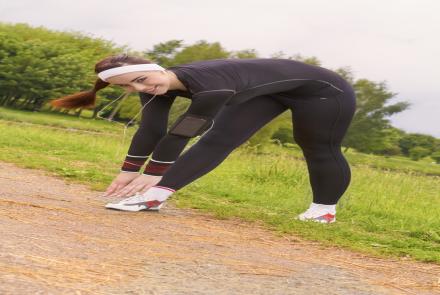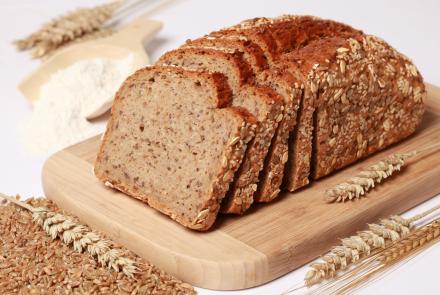
In the second part of this article on side effects and drug interactions of common heart medications, we cover beta blockers, lipid medications, diuretics, calcium channel blockers and cardiac glycosides. Your doctor can tell you which medications or combination of are best suited for you.
The first part is here.
Remember this is not a complete list and if you are taking or planning to take any prescription, dietary, herbal or natural supplements, please consult your Cardiologist or Primary Practitioner first. Do not try and get your chemist to switch.
The tables below are best seen on a laptop or tablet.
In this second part, we cover the following classes of common cardiac drugs :
- Beta Blockers
- Calcium Channel Blockers
- Lipid Medications
- Cardiac Gycosides
- Diuretics
Beta Blockers
They are also sometimes known as beta-adrenergic blocking agents, beta antagonists, or beta-adrenergic antagonists. They work by lowering the heart rate by blocking the hormones adrenaline and noradrenaline. This helps bring the blood pressure down.
|
Common Beta-blockers |
Common Side-effects |
Rare Side-effects |
|
Acebutolol Atenolol Betaxolol Bisoprolol/hydrochlorothiazide Bisoprolol Metoprolol Nadolol Propranolol Sotalol |
|
|
|
Sometimes Combination of Alpha and beta blockers are used such as Carvedilol and Labetalol hydrochloride |
|
Beta blockers can interact with many drugs:
- Anti-hypertensives
- Anti-anginal drugs
- Anti-arrhythmics
- Non-steroidal anti-inflammatory drugs (NSAIDs)
- Anti-ulcer medications
- Anesthetics
- Warfarin
- HMG-CoA reductase inhibitors
- Diabetic must monitor their blood glucose if they are taking Beta blockers as they are known to mask the signs of low blood sugar.
- Pregnant women may take Beta blockers if advised by their Doctor.
Calcium Channel Blockers
Also known as calcium channel antagonists, they work by blocking the entry of calcium into the cells of blood and heart thereby helping the heart pump better and widening the blood vessels.
|
Calcium Channel Blockers |
Side-effects |
|
|
They can interact with several drugs:
|
Drugs |
Carbemazapne Statins such Simvastatin and Atorvastatin Cyclosporines |
|
Food |
Grapefruit juice is known to interfere with and increase the serum concentrations of Calcium channel blockers |
Can be used during Pregnancy for pre-eclampsia and hypertension with the advice of your Doctor.
Lipid medications
There are many different types of drugs that can help reduce the bad cholesterol or LDL in the body and prevent narrowing of arteries. This helps reduce chances of plaque formation and risk of Coronary artery disease and Lipid disorders.
|
Class of Cholesterol reducing drugs |
Examples |
Side-effects |
|
Statins (HMG-CoA reductase inhibitors) |
Atorvastatin Fluvastatin Lovastatin Pitavastatin Pravastatin Rosuvastatin Simvastatin |
Muscle pain Tiredness Fever Dark colored urine Diarrhea Indigestion Rhabdomyolysis Memory loss Increase in blood sugar levels Damage to the Kidney or Liver |
|
Bile acid sequestrants |
Cholestyramine Colesevelam Colestipol |
Abdominal pain Heartburn Bloating and flatulence Constipation Diarrhea Weight loss Formation of gallstones |
|
Cholesterol absorption inhibitors |
Ezetimibe |
Headache Cold or flu-like symptoms Nausea or vomiting Diarrhea Dizziness Confusion or memory problems Joint and muscle pain Trouble sleeping Erectile dysfunction Depression |
|
PCSK9 inhibitors (injectables) |
Alirocumab Evolocumab |
Nasopharyngitis Itching, swelling, pain or bruising at site of injection Flu-like symptoms Rash or hives Muscle soreness |
|
Nicotinic acid or Vitamin B3 |
Niacin |
Flushing in the face and neck area Muscle pain Stomach upset Increase in blood sugar levels |
|
Fibrates |
Fenofibrate Gemfibrozil |
Nausea Upset stomach Liver irritation Gallstones in chronic use |
|
Combination pills: Statin + Cholesterol absorption inhibitor |
Vytorin |
Same as that of the individual drugs |
|
Cholesterol reducing drugs |
Drugs to avoid |
|
Statins (HMG-CoA reductase inhibitors) |
Antibiotics ending in -mycin Antifungals ending in -azole Other Heart medications HIV Protease inhibitors Acid Reflux pills Oral contraceptives |
|
Bile acid sequestrants |
Thyroid hormones Other heart medications |
|
Cholesterol absorption inhibitors |
Red Yeast Rice Niacin (B3) |
|
PCSK9 inhibitors (injectables) |
Other Monoclonal antibodies |
|
Nicotinic acid or Vitamin B3 |
Statins Warfarin Vitamin supplements that contain B3 Any BP or heart medications |
|
Fibrates |
Statins (can lead to muscle toxicity) Blood thinners like Warfarin (increases bleeding risk) |
|
Combination pills: Statin + Cholesterol absorption inhibitor |
Erthyromycin Anti-fungals |
Cardiac glycosides
This class of compounds act on the sodium-potassium pump, thereby increasing the rate of heart contractions. These include digoxin, digitoxin, and digitonin among others. It is a commonly used compound for poisoning. Side-effects include:
|
Mild Side-effects |
Severe Side-effects |
|
|
If you are on Digoxin, make sure you inform your doctor about any other medication you are on. According to the Rxlist:
- Digoxin has serious interactions with at least 49 different drugs.
- Digoxin has moderate interactions with at least 292 different drugs.
- Digoxin has mild interactions with at least 34 different drugs.
Many medications affect the working of digitalis in the body including Diuretics, NSAIDs, Anti-fungals, Antibiotics, Alcohol etc.
Diuretics
There are three types of diuretics (commonly called water pills), namely Loop, Thiazide and Potassium-sparing. They each work on a different part of the kidney and cause more water to be excreted from your body via urine. This also reduces the fluid build-up in your lungs, legs and arms.
|
Type of Diuretic |
Common names | Mild/Moderate Side-effects | Severe Side-effects |
|
Loop |
Torsemide Furosemide Bumetanide |
dry mouth & thirst weakness or lethargy drowsiness restlessness muscle pains or fatigue confusion seizures low BP oliguria (decreased or absence of urine), tachycardia gastrointestinal (GI) disturbances
Thiazide diuretics may cause: Increased uric acid levels Dangerously low levels of sodium
Potassium-sparing can cause Increased potassium level in blood |
|
|
Thiazide |
Chlorthalidone Hydrochlorothiazide Metolazone Indapamide |
||
|
Potassium-sparing |
Amiloride Triamterene Spironolactone Eplerenone |
Some drugs can interact with Diuretics, so also check with your doctor about possible counter effects with your existing prescription. Also be ware that certain plants and herbs are natural diuretics.
|
Drugs to avoid |
|
|
Herbs to avoid |
|
References:
- Cardiac Medications - American Heart Association.https://www.heart.org/en/health-topics/heart-attack/treatment-of-a-hear…
- Rxlist.com from WebMD
- US National Library of Medicine. https://medlineplus.gov/cholesterolmedicines.html
- Winchester Hospital -Heaalth Library. https://www.winchesterhospital.org/health-library/
- Pharmacy Times:https://www.pharmacytimes.com/publications/health-system-edition/2016/M…
















